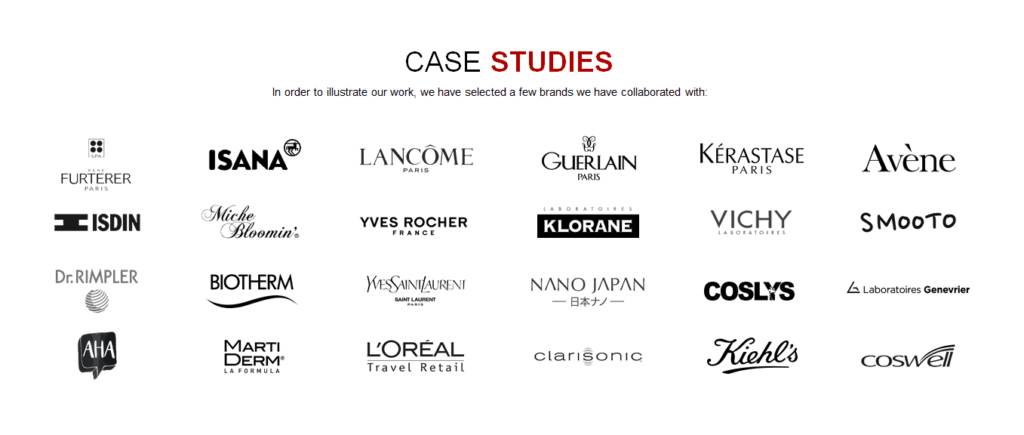The Chinese cosmetics market is changing quickly because of its diverse customers. Fashion brands need to know the age, gender, and lifestyle trends to succeed in this profitable industry.
In this blog post, we’ll delve deep into China’s beauty market – exploring how factors such as Gen-Z and millennial consumers’ purchasing behavior, growing male interest in personal care products, eco-friendliness attitudes, and wellness preferences are transforming the way brands operate in this space.
China’s Cosmetics Market Demographics
Women under 40 are the largest consumer group in China’s cosmetics market, with Gen-Z and millennial consumers greatly influencing trends and attitudes towards sustainability and wellness.
Women Under 40 As The Largest Consumer Group
Women under 40 are the main buyers in China’s cosmetics market. They influence fashion brands to create products for them.
These shoppers use social media to engage with cosmetic brands, with 61% following or visiting brands on platforms like Weibo and Little Red Book.
To succeed in China’s e-commerce market, fashion brands must use digital channels to increase their online sales and visibility.
Influence Of Gen-Z And Millennial Consumers
Gen-Z and millennial consumers are highly influential in China’s cosmetics market. They are digitally savvy and changing consumption patterns, with 51% of Gen Z considering official social media accounts of consumer brands as a top source of influence.
For instance, Chinese millennials often prioritize skincare solutions over color cosmetics, showing an increasing demand for high-quality products that cater to their unique needs.
Gen-Z in China prefers luxury cosmetic brands that promote self-care and are expanding into male-focused categories, showing inclusivity is important for success in the Chinese market.
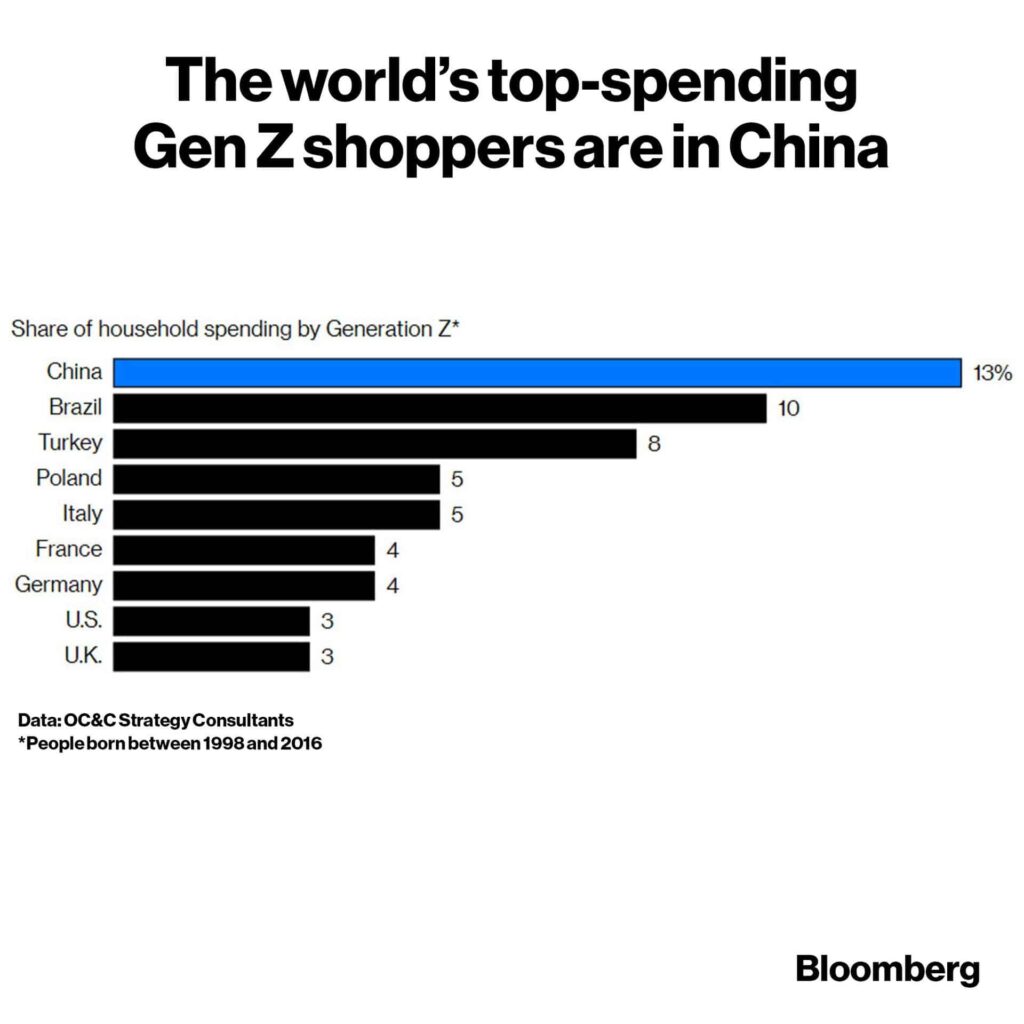
Attitudes Towards Sustainability And Wellness
The concern for the environment has influenced the attitudes towards sustainability and wellness in China’s cosmetics market, especially among Gen-Z and millennial shoppers who drive consumption growth.
Their discernment goes beyond product functionality to include social norms and values. Fashion brands must recognize these trends to succeed in this evolving market.
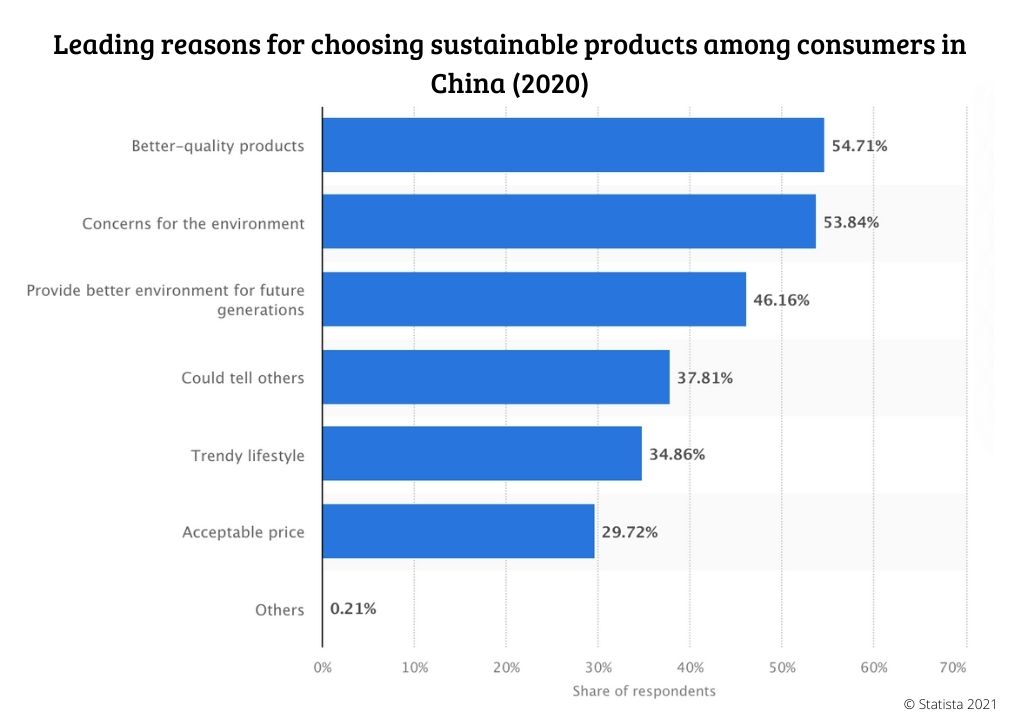
Age, Gender, And Lifestyle Trends
Younger generations are driving growth in China’s cosmetics market, with female Gen-Z and millennial consumers being the largest consumer group; there is also a notable rise in male consumers and inclusivity.
Younger Generation Driving Growth
Understanding age, gender, and lifestyle trends is crucial to the future of Chinese fashion brands in the cosmetics market.
Young females are the key drivers of growth, spending more on beauty products, and demanding personalized skincare solutions that target specific skin concerns like acne or hyperpigmentation.
By offering bespoke solutions for different factors such as age and skin type, brands can capitalize on this trend and secure their position in the market.
Rise Of Male Consumers And Inclusivity

Inclusivity is driving billion-dollar growth in the cosmetics industry, especially in male grooming products. Men are increasingly interested in cosmetics and personal care items.
The future Chinese cosmetics market must create gender-neutral products and develop inclusive marketing campaigns to effectively target male consumers.
For example, companies like Chanel and Tom Ford have launched highly successful lines of makeup and skincare targeted specifically toward men with sleek packaging and easy-to-use formulas.
Eco-friendliness And Wellness As Key Drivers
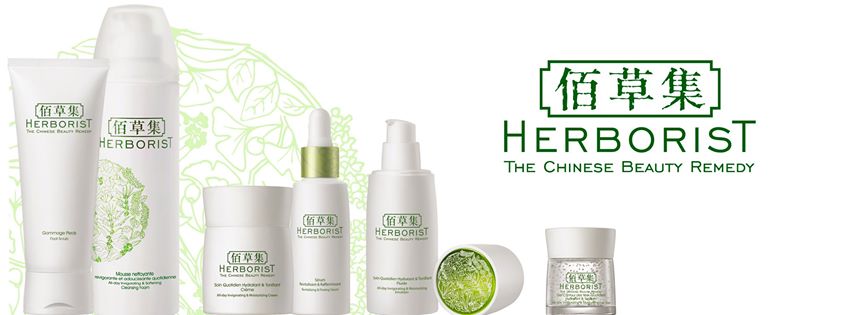
Fashion brands exploring China’s cosmetics market must understand how eco-friendliness and wellness are driving age, gender, and lifestyle trends.
Consumers in China seek out eco-friendly and sustainable beauty products that use natural ingredients and ethical manufacturing processes.
Wellness is also a key driver, with consumers seeking effective skincare solutions that improve skin health while minimizing environmental impact. Organic ingredients are preferred over synthetic ones.
Implications For Marketers
Marketers should prioritize adapting their product development and marketing strategies to meet the changing preferences of Chinese consumers, including a focus on eco-friendliness and wellness trends.
Importance Of Adapting Product Development And Marketing Strategies
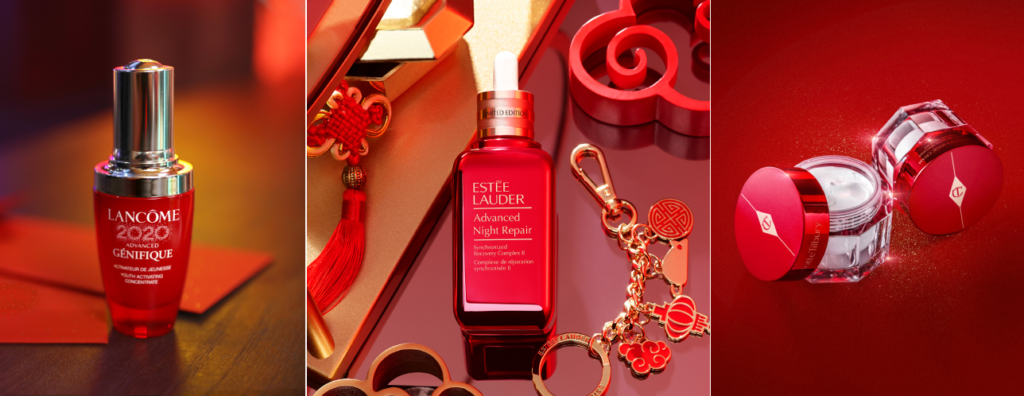
As a fashion brand, it’s important to understand how to adapt product development and marketing strategies when targeting Chinese consumers. Here are some key points to keep in mind:
- Localization is crucial – Taking into account cultural and language differences is important to effectively reach your target market.
- Target audience segmentation – Understanding the specific needs and wants of different demographic groups in China can help tailor products and marketing messages to better resonate with them.
- Customization is key – Personalize product offerings wherever possible to make them more appealing to Chinese consumers.
- Build brand awareness through social media – Utilize platforms like WeChat, Weibo, and Douyin to reach broader audiences and tap into influencer marketing to increase visibility.
- Embrace sustainability – Given the increasing importance of environmental issues, incorporating eco-friendly materials or highlighting sustainable practices in production can appeal to Chinese consumers’ preferences for “green” products.
Opportunities For New Product Development And Partnerships
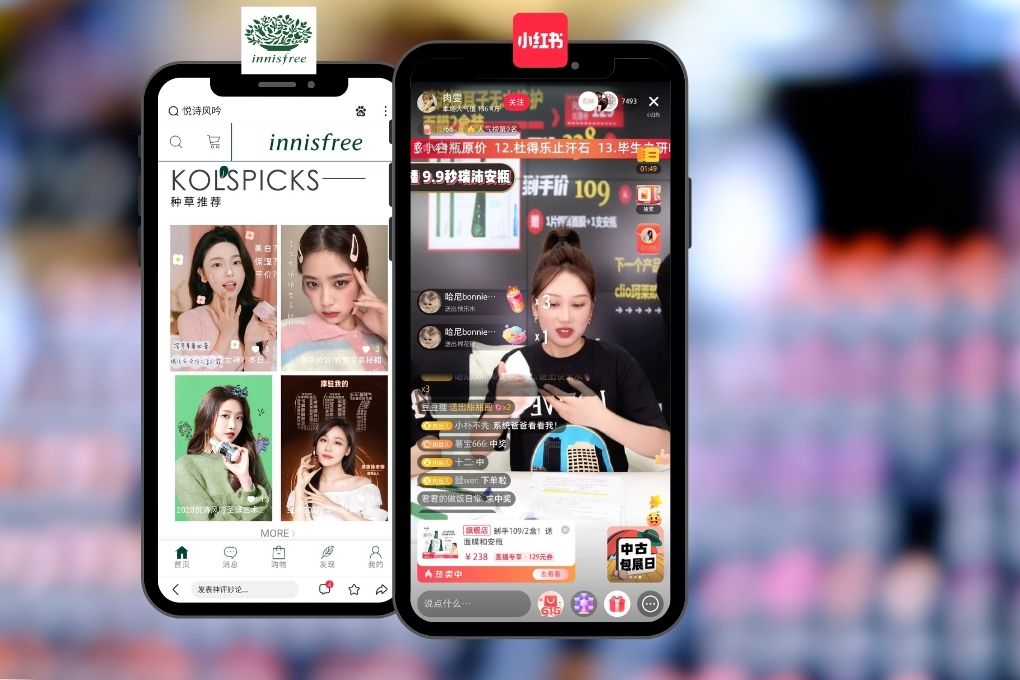
As a fashion brand, tapping into China’s cosmetics market presents an excellent opportunity for growth and expansion. To make the most of this opportunity, consider the following opportunities for new product development and partnerships:
- Collaborations with Chinese influencers: Social media influencers are instrumental in shaping consumer behavior in China. Partnering with influencers can help your brand increase its visibility and appeal to a broader demographic.
- AI-powered solutions: AI-powered analytics can enable you to personalize your products and marketing strategies to better suit the needs and preferences of Chinese consumers.
- Sustainability-focused products: Chinese consumers are increasingly prioritizing eco-friendliness and sustainability when making purchasing decisions. Developing products that cater to these concerns can give your brand an edge over competitors.
- Innovative product formulations: Innovative cosmetic products that incorporate traditional Chinese medicine or unique native ingredients can appeal to Chinese beauty consumers seeking something new.
- Localization of product offerings: Adapting your product offerings to meet local tastes and preferences, like creating skincare routines tailored to Asian skin types, is essential for gaining traction in the competitive Chinese market.
Future Outlook And Emerging Trends
Looking at the future of China’s cosmetics market, there are several emerging trends that fashion brands should be aware of to stay ahead of the competition. One key trend is the increasing demand for personalized products and services.
Brands such as Proven are already using AI platforms to tailor their offerings based on consumer data, but there is still room for growth in this area.
China’s cosmetics market is witnessing a surge in demand for sustainable and eco-friendly products, with Gen Z consumers leading the trend.
Social media marketing, especially short videos on platforms like TikTok, will continue to play a crucial role in reaching younger audiences and engaging them with brands.
We are Your China Cosmetics Market Partner!
In conclusion, the Chinese cosmetics market is continuously evolving and shaping consumer behaviors with age, gender, and lifestyle trends. Gen-Z and millennial consumers continue to dominate the industry; however, male consumers are on the rise as inclusivity becomes more critical in product development.
The environment plays an essential role in purchasing patterns, driving eco-friendliness and wellness as key drivers of beauty product consumption. Understanding these demographics’ nuances is crucial for adapting marketing strategies and developing new products that meet ever-changing consumer expectations.

In the Gentlemen Marketing Agency (GMA), we are 70+ digital experts passionate about social media in China. We love to build impactful strategies and content to reach the Chinese on WeChat, Little Red Book, Douyin, Weibo, and many more.
If you have a specific project in China, you should include social media wisely. You should start with branding before moving to e-commerce.
You can contact us to find the most suitable option for your project in China! Let’s start today!
